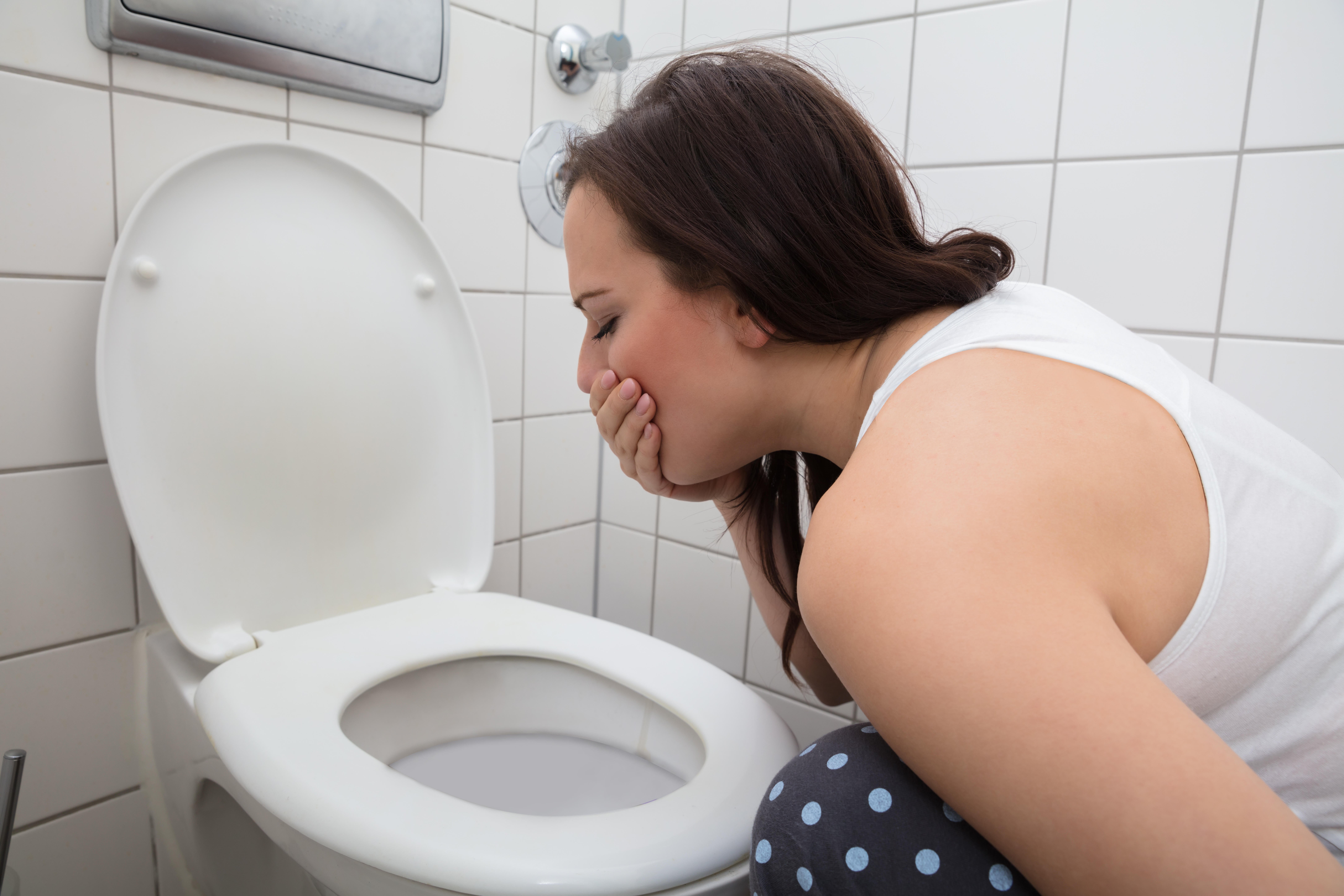
The UK’s Medicines and Healthcare products Regulatory Agency (MHRA) has raised concerns about a possible link between popular weight-loss injections and contraception.
To date, MHRA has received more than 40 reports of pregnancies among women using these weight-loss medications, some of whom were using contraception. These unexpected cases have sparked talk of so-called “Ozempic babies” online.
In addition, data shared with the PA news agency shows that MHRA has received 26 pregnancy-related reports for the Mounjaro jab specifically.

Patients taking Mounjaro – which may reduce the effectiveness of oral contraceptives in people who are overweight – are being advised to also use condoms if they are on the pill. The MHRA said: “This only applies to those taking Mounjaro and is especially important for the four weeks after starting Mounjaro and after any dose increase.”
The agency also stresses “skinny jabs” such as Ozempic, Wegovy, Saxenda, Victoza, and Mounjaro should not be used during pregnancy, when trying to conceive, or while breastfeeding.
In some cases, women are also advised to continue using contraception for up to two months between stopping the medicine and trying to get pregnant.
This guidance around pregnancy is included in patient information leaflets given to people who are accessing the skinny jabs from regulated sellers like pharmacies.In light of this news, we got in touch with Dr Alisha Esmail, women’s health GP at London Gynaecology, to find out what other factors may influence hormonal contraception’s effectiveness…
1. Illness

Vomiting within a few hours of taking a contraception pill can reduce its effectiveness, says Esmail.
“If you’re sick – especially with vomiting or diarrhoea – soon after taking your pill, your body might not absorb it properly, which can lower the hormone levels needed for it to work properly,” she explains. “Remember, this applies to the morning-after pill too, which is especially time-sensitive.
“If you’ve been unwell, it’s a good idea to use back-up contraception and check in with a clinician – they can help work out if you need to take another dose or consider a different option.”2. Weight
Weight can also play a role in how well some hormonal contraceptives work.
“For instance, the patch and emergency contraception might be a little less effective if you have a higher Body Mass Index (BMI),” says Esmail. “This is because your body may absorb and process the hormones differently, although for most people the difference is quite small.
“Because of this, doctors often recommend exploring other methods to ensure you get the most reliable protection. Safety is key – some combined hormonal options (those with both oestrogen and progesterone) may carry a slightly higher risk of side effects for people with higher BMI, so it’s always a good idea to discuss your personal health and preferences with your clinician.”
3. Medication

Some medications can lessen the effectiveness of hormonal contraceptives, so it’s important to talk to a clinician if you’re unsure how your medication might affect them.
“Some medications like certain antibiotics (e.g. Rifampicin), anti-seizure drugs, HIV medications, and even herbal supplements like St. John’s Wort can reduce the effectiveness of hormonal contraceptives,” highlights Esmail. “They may speed up how quickly hormones are digested in the liver, lowering your blood hormone levels and reducing its reliability.
“So, it’s definitely worth letting your clinician know about any medications you’re taking – whether they’re prescribed or not.”
4. Inaccurate useIncorrect use is one of the main reasons why contraception can fail.
“Some of the most common slip-ups I hear about include forgetting pills, not taking them at the same time each day, starting a new pack late, or incorrect use of patches, rings, or injections,” says Esmail. “With methods like the pill, consistency is key – even small drops in hormone levels can allow ovulation, increasing your risk of an unexpected pregnancy.
“If sticking to a routine is proving tricky, it’s worth knowing there are plenty of longer-acting options that don’t rely on daily habits – you’ve got choices.”
The GP also points out that pill packs include a leaflet with a section on missed pill rules, which can be helpful when you’re uncertain about what to do. She also reinforces the importance of timing when it comes to emergency contraception, such as Plan B.
“And when it comes to emergency contraception, timing really matters – the sooner it’s taken after unprotected sex, the more effective it is,” says Esmail. “Delays can reduce its chances of working, so don’t wait to seek advice if you think you might need it.”
5. Heat
The GP also recommends storing contraception pills at room temperature or cooler because if too hot the hormones within them could be changed/ deactivated.
“Storing your pills in a place that gets too hot – like a car on a sunny day – can affect how well they work,” says Esmail.
Here’s what Ozempic and Wegovy are really doing to your mouth
Doctors can now detect heart failure by scanning this other body part
Rosie O’Donnell ‘can’t believe this is her’ as she shares recent photo
I’m a GP: The things men over 60 need to ask their doctor
Five common types of medication you shouldn’t have with coffee







